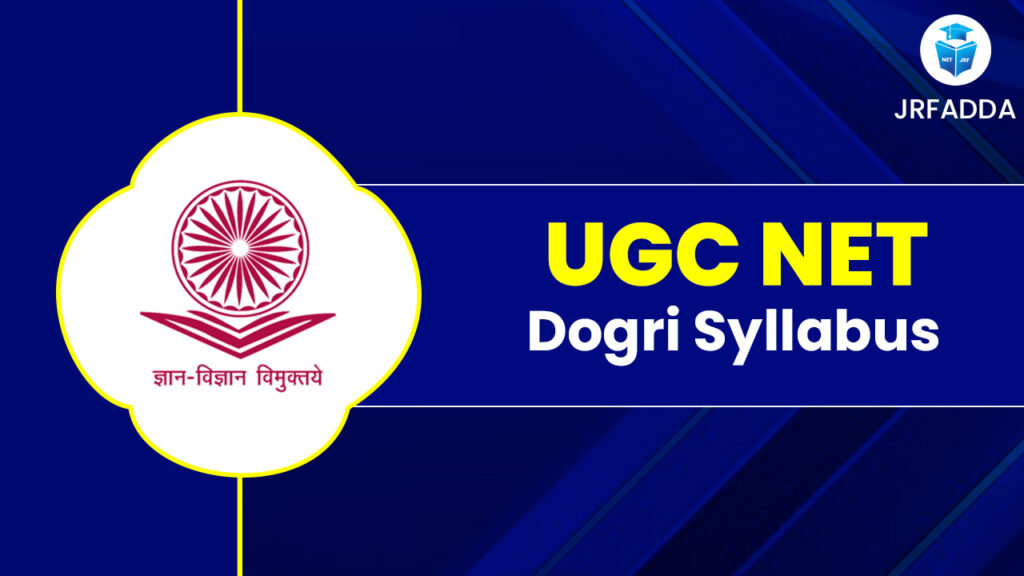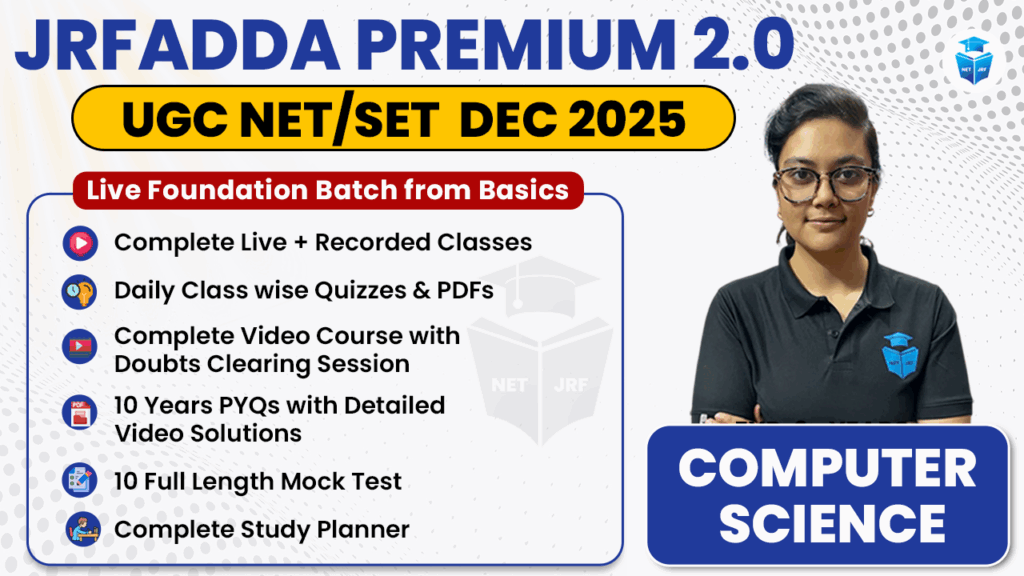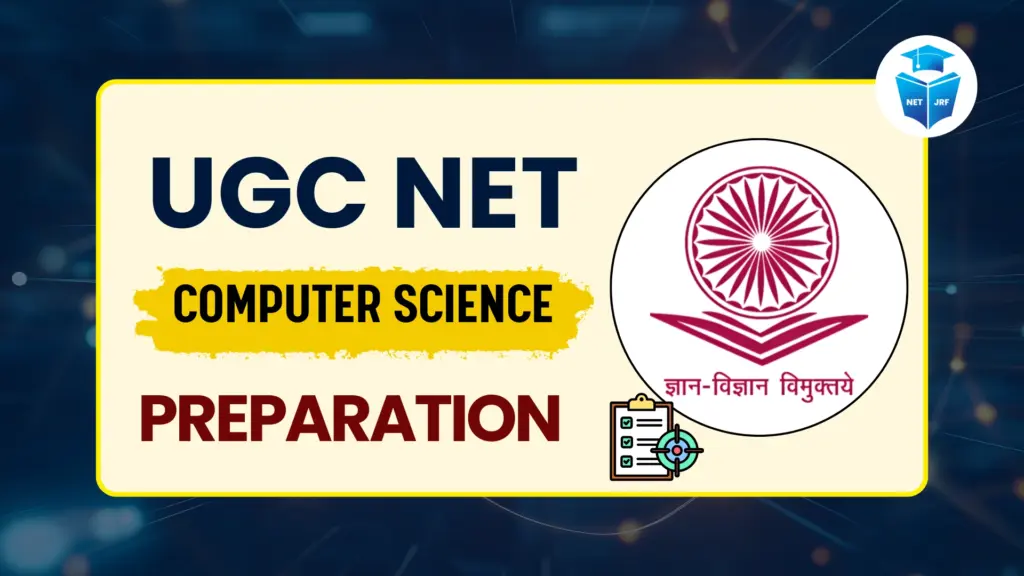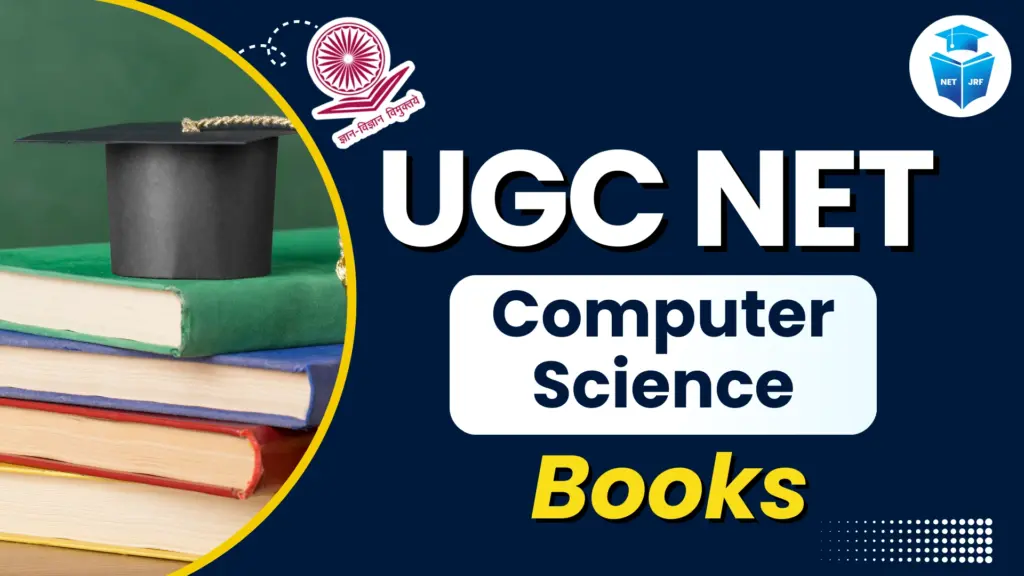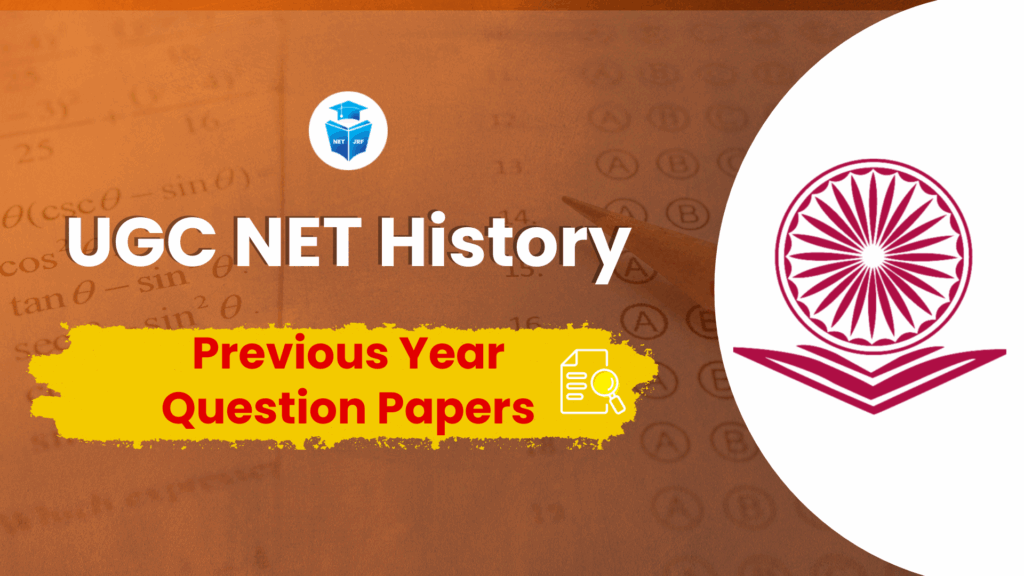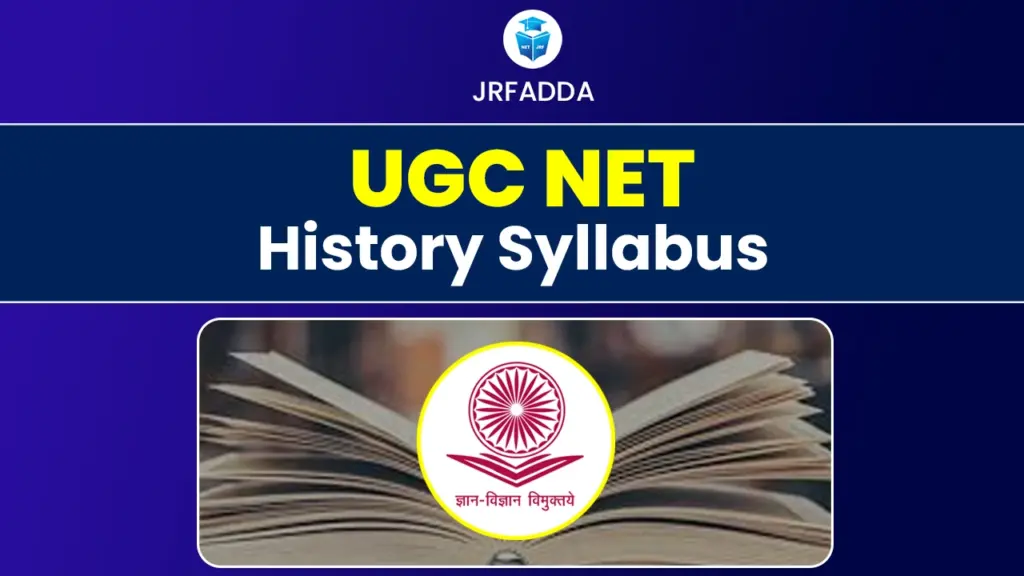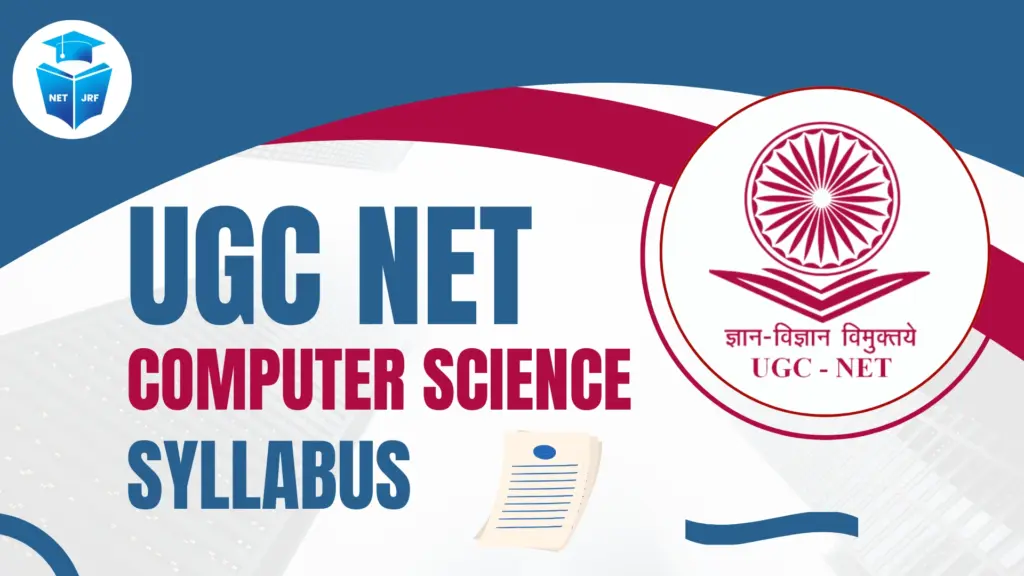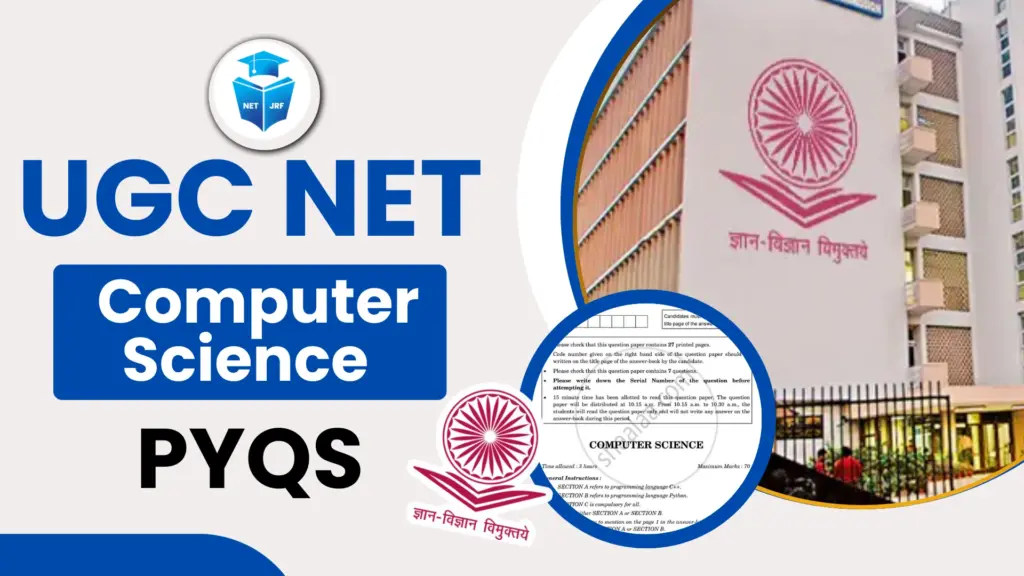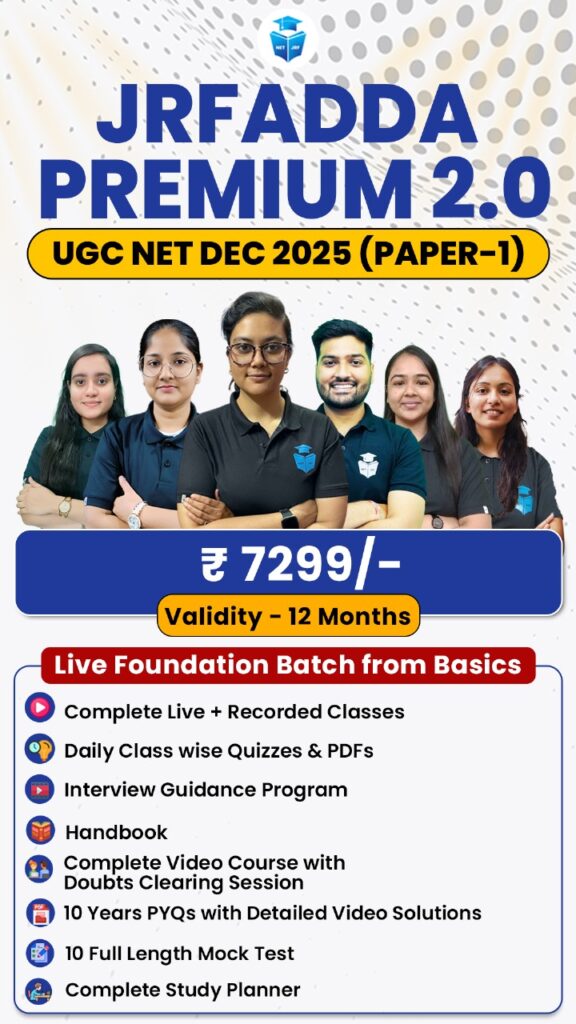The UGC NET Dogri Syllabus 2025 is one of the most important documents for the aspirants who are preparing for the UGC NET exam. This document highlights the key topics and subject areas that comprise Paper I and Paper II of the examination. The UGC NET Dogri Exam 2025 opens the door for candidates for various academic and research sectors across India. Below we have mentioned a unit-wise breakdown of the syllabus, including complete analysis and official PDF download links, to help your preparation strategy.
Also Read: UGC NET Expected Cutoff 2025
UGC NET Dogri Exam 2025 Overview
The UGC NET Dogri Exam 2025 is a national-level competitive exam conducted by the National Testing Agency (NTA) on the behalf of Union Grant Commissions to evaluate applicants relevancy for positions like assistant professors and junior research fellowships (JRFs) across all Indian universities and colleges. The UGC NET Dogri Exam 2025 consists of two papers, both conducted in a single shift: Paper I (General) and Paper II (Subject-specific). The UGC NET Dogri Syllabus 2025 overview:
| Features | Details |
| Name of Examination | UGC NET Exam 2025 |
| Conducting by | NTA |
| Level of Examination | National |
| Mode of Examination | Computer |
| Number of Papers | Paper I and Paper II |
| Total Questions | 150 |
| Total Marks | 300 |
| Exam Duration | 3 Hours |
| Medium of Examination | English & Hindi |
| Tentative Exam Dates | January 1-19, 2026 |
| Official Website | https://ugcnet.nta.ac.in |
Also Read: UGC NET Final Answer Key 2025
UGC NET Syllabus 2025 Paper I PDF Download
The UGC NET Dogri 2025 Paper I is created in a way to help candidates evaluate their critical thinking, methodology, and learning ability. This is a common examination for all the candidates appearing for the UGC NET exam 2025 with any subject specialization. The UGC NET Syllabus 2025 Paper 1 covers 10 broad topics, including teaching and research aptitude, comprehension and communication, data interpretation (DI), logical reasoning, and more. Aspirants are advised to thoroughly review the UGC NET Syllabus 2025 to gain a clear understanding of all its components. Below, you can find the links to download the UGC NET Syllabus 2025 Paper I in both English and Hindi PDFs.
UGC NET Syllabus 2025 Paper I in English
UGC NET सिलेबस 2025 पेपर I हिंदी में
UGC NET Dogri Syllabus 2025 Paper II English PDF Download
The UGC NET Dogri exam 2025 is one of the most competitive national-level exams in India. Candidates preparing for the exam must stay updated with the UGC NET Dogri Syllabus 2025 to go through all the main topics and subtopics to get a better understanding of the syllabus. The UGC NET Dogri Syllabus 2025 PDF direct link is mentioned below for aspirants so they can easily download it.
UGC NET Dogri Syllabus 2025 Paper II in English PDF
UGC NET Dogri 2025 Syllabus Breakdown
Aspirants should before starting their preparation for the UGC NET Dogri Exam, must give a thorough overview of the updated curriculum and pattern. This UGC NET Dogri 2025 syllabus breakdown provides a clear overview of the exam for the candidates to carefully have a comprehensive and clear understanding of the examination. The UGC NET Dogri 2025 exam is conducted in the June and December session. Below we have mentioned the detailed analysis of Papers I and II as follows:
UGC NET Dogri Syllabus 2025 Paper I
The UGC NET Dogri Paper I is designed to evaluate candidates preparation on the basis of their learning and teaching skills. There are a total of 50 questions asked in the UGC NET Dogri Paper 1. Here’s a detailed description of topics and subtopics:
| Unit No. | Topic | Subtopics |
| 1 | Teaching Aptitude | Nature, objectives, levels, and methods of teaching; evaluation systems—formative & summative evaluation, feedback, learner characteristics, and responsibilities |
| 2 | Communication | Types of communication, classroom communication, principles and barriers of effective communication, and using ICT in communication |
| 3 | Mathematical Reasoning and Aptitude | Number series, letter series, percentages, ratios & proportions, profit & loss, arithmetic reasoning, simple & compound interest |
| 4 | Comprehension | Reading comprehension, understanding, interpreting, and analyzing passages, answering inferential and direct questions |
| 5 | Logical Reasoning | Venn diagrams, syllogisms, analogies, statements and conclusions, arguments and assumptions, critical reasoning |
| 6 | Research Aptitude | Meaning of research, types of research, the methods, and steps involved in the research process
Thesis and article writing, plagiarism and other ethical issues, techniques and tools of data collection, and introduction and uses of ICT in research |
| 7 | Information and Communication Technology (ICT) | Basics of ICT in teaching and learning, internet, cloud computing, digital teaching tools, e-learning platforms, cybersecurity and digital ethics |
| 8 | Data Interpretation | Quantitative data analysis, basic statistical tools
Data interpretation and data analysis from graphs, tables, and charts |
| 9 | People, Development and Environment | Environmental issues, sustainable development, natural resources, human and social development indicators, renewable and non-renewable energy, environmental protection laws and policies |
| 10 | Higher Education System: Governance, Polity, and Administration | History and development of education in India, structure and functions of higher education in India, policies, reforms, committees and commissions, value education, issues and challenges |
Also Read: UGC NET Result 2025
UGC NET Dogri Syllabus 2025 Paper II
The UGC NET Dogri Syllabus 2025 Paper II provides a roadmap for candidates to start their preparation. The syllabus covers topics such as the history and development of the Dogri language, grammar, literary criticism, modern and ancient Dogri literature, folk literature, and cultural studies. Aspirants preparing for Paper II should have a comprehensive understanding of Dogri prose, poetry, drama, and prominent literary works to score well. Below is the unit-wise breakdown:
| Units | Subtopics |
| Unit 1: Language and Linguistics | Definition, significance, and nature of language
Varieties of language: dialects, standard, national, contact languages Importance and branches of linguistics |
| Unit 2: Historical Development | Stages in the evolution of Dogri language
Dialects and linguistic boundaries of Dogri Significant linguistic features specific to Dogri |
| Unit 3: Phonology & Morphology | Phonology: Vowels, consonants, features like tone, stress, nasalization, juncture
Morphology:
|
| Unit 4: Syntax | Sentence structure: types, word order, agreement/concord
Dogri syntax and sentence formation rules |
| Unit 5: Script and Orthography | Scripts used: Dogre/Dogra Akkhar, Devanagari, Persian
Orthographic features and conventions |
| Unit 6: Literary Development – Pre & Post Independence | Pre-independence literary works (prose & poetry)
Post-independence growth: Modern trends in Dogri literature |
| Unit 7: Genre Study & Key Authors | Poetry: major themes, techniques, and poets (e.g., Padma Sachdev, Jitendra Udhampuri)
Prose: short stories, essays, memoirs, travelogues Drama: one-act plays and playwrights Novel: major novelists and their works Folk literature: songs, tales, ballads |
| Unit 8: Literary Criticism & Theory | Approaches to textual analysis
Styles and techniques used in Dogri literary critique |
| Unit 9: Dogri Literary Journals & Periodicals | Role and significance of journals in promoting Dogri literature (e.g., Sheeraza Dogri) |
| Unit 10: Research Methodology in Dogri | Research methods in linguistics and literature
Research ethics specific to Dogri literary and cultural studies |
UGC NET Dogri Exam Pattern 2025
The UGC NET Dogri exam 2025 is conducted in two papers. Paper 1 helps evaluate the general teaching and research skills, while Paper II focuses on the Dogri language topics. The exam is conducted in online mode, consisting of a total of 150 questions. The questions are multiple-choice type questions (MCQ) and collectively sum to a total of 300 marks. Candidates will get 2 marks for each correct question, and no marks are deducted for any incorrect question. This helps candidates to attempt all the questions confidently without worrying about the negative marking.
| Paper | Subject | Total No. Of Questions | Total Marks | Exam Duration |
| Paper I | General Aptitude | 50 | 100 | 1 Hour |
| Paper II | Dogri Language | 100 | 200 | 2 Hours |
Also Read: UGC NET Exam Pattern 2025 For Paper 1 & 2
Conclusion
The UGC NET Dogri Syllabus 2025 is structured in a way that helps candidates to get a clear understanding of the overall curriculum. Candidates aiming for the roles of assistant professor or junior researchers in Dogri Language in Indian universities and colleges. Aspirants can begin their preparation early by getting the updated UGC NET Dogri Syllabus 2025 PDF and practicing with the previous year’s question papers and following a systematic study plan.
UGC NET Dogri Syllabus 2025 FAQs
How to download the UGC NET Dogri Syllabus 2025 PDF file?
You can download the UGC NET Dogri Syllabus 2025 PDF by visiting the official NTA website or by clicking the direct PDF download links provided above.
What is the subject code for the UGC NET Dogri Exam 2025 Paper II?
The subject code for the UGC NET Dogri Exam 2025 Paper II is 33.
What do Paper I and Paper II mean in the UGC NET Dogri Exam 2025?
UGC NET Dogri exam 2025 Paper I and Paper II are the two papers conducted in a single session. Paper I is a general paper that is common for all the candidates, and Paper II is subject-specific (Dogri), different for all based on their subject specialization.
Is there any negative marking in the UGC NET Dogri Exam 2025?
No, the candidates can answer all the questions, as there is no negative marking in the UGC NET Dogri Exam 2025.
What are the main units that consist of the UGC NET Dogri Exam 2025 Paper II?
UGC NET Dogri syllabus topics include history and development of the Dogri language, grammar, phonology, syntax, Dogri folk literature, prose, poetry, drama, and literary criticism.

